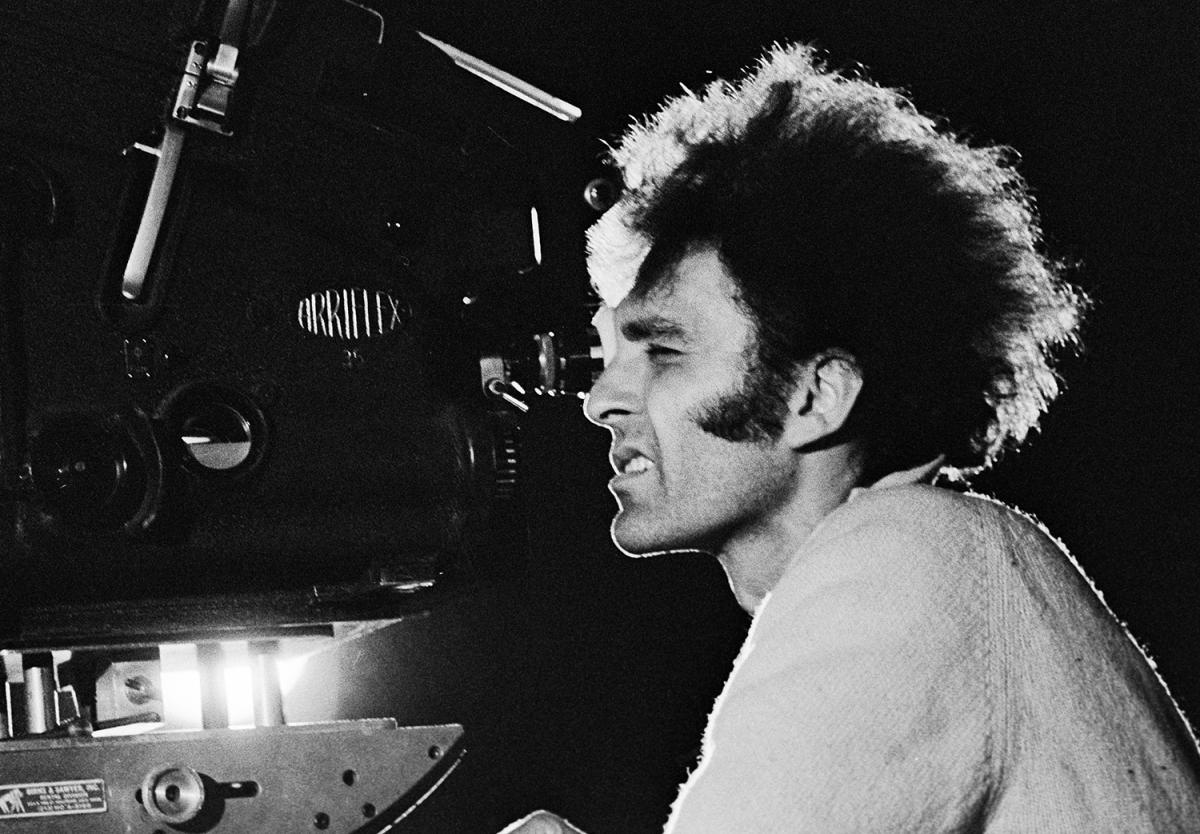Monte Hellman (1932-2021)

The American film maker, producer and editor Monte Hellman has passed away. Hellman took his first steps in the film industry as an editor at television station ABC. With the production help of the brothers Gene and Roger Corman, he made his directorial debut in 1959 with Beast from Haunted Cave, a horror heist film about bank robbers who flee through the snow and run into a gigantic spider-like monster that feeds on people. The film was the beginning of a collaboration between Roger Corman and Hellman that would last 15 years. Hellman would collaborate on several of Corman’s films and, conversely, Corman would finance several of his films. Hellman would become part of the infamous “Corman group of directors” who, primarily under the influence of Corman, would learn how to achieve maximum impact with a minimum budget. Filmmaker and producer Corman, also called “The Pope of Pop Cinema”, would become known as a pioneer of independent film. Other directors who started their careers under Corman’s watch include Martin Scorsese, Ron Howard, Francis Ford Coppola, Peter Bogdanovich and Joe Dante. Most made the successful transition to the Hollywood studio system, but Hellman always remained on the periphery of Tinseltown.
In the 1960s, Hellman often worked with actor Jack Nicholson, including two films shot in the Philippines: Back Door to Hell (1964) and Flight to Fury (1964). Two “acid westerns” with Nicholson would follow, Ride the Whirlwind (1966) and The Shooting (1966), in which he mixed the formal framework of traditional Hollywood films and spaghetti westerns with elements of the counterculture of the time.
Two-Lane Blacktop (1971) is generally considered Hellman’s most acclaimed film, a road movie that, according to Jean-Pierre Coursodon and Bertrand Tavernier in their 50 ans de cinéma americain, breaks every rule of the genre, through a certain austerity and refusal of any demonstration, “without sheltering behind the anecdotal like Easy Rider, without taking advantage of an exotic look that makes one dream like Wim Wenders... The long silences of the two protagonists are contrasted with the tirades and monologues of Warren Oates, Hellman’s favourite actor, but both attitudes contain the same fear, the same absence of communication. Despite many enthusiastic supporters, including Sam Peckinpah, Two-Lane became a commercial disaster: these existential wanderings seemed too European.”
Hellman’s films often failed to find an audience in the United States, but they did in Europe and especially in France, where people appeared to be more attentive to the existentialist parables behind the adventure stories and genre films. “I believe the best movies are road movies. The road is very enigmatic. The road is life”, said Hellman. Hellman has become a cult director with a loyal group of followers who are wild about the specific taste of his cinema. “You have to watch these films to understand the fervour of the fans,” writes film critic Antoine de Baecque. “Sobriety is brought to its rudest completion and the quality of the silences is incomparable. Cinema as the supreme art of ‘almost nothing’.”
Other films from his oeuvre include The Cockfighter (1974) and China 9, Liberty 37 (1978), both starring Warren Oates. China also features a rare acting performance by Sam Peckinpah. In 1989, he made the slasher film Silent Night, Deadly Night 3: Better Watch Out!. He admitted that it was probably his worst film, but he was proud of the fact that he finished it in a relatively short time. His Road to Nowhere (2010), a film noir, won a special Golden Lion at the Venice Film Festival. Jury president Quinten Tarantino praised him as “a great cinematographic artist and a minimalist poet”. Hellman later said it was the most personal of all his films.
Besides making his own films, he also directed sequences for other films, such as the prologue for Francis Ford Coppolas Dementia 13 (1963) and worked on films in other capacities, such as dialogue director for Corman’s The St. Valentine's Day Massacre (1967) and second-unit work for Paul Verhoeven’s RoboCop (1987). Hellman was also executive producer of Quinten Tarantino’s Reservoir Dogs (1992), and worked as a lecturer at the California Institute of the Arts.
Extract from Two-Lane Blacktop (1971):

